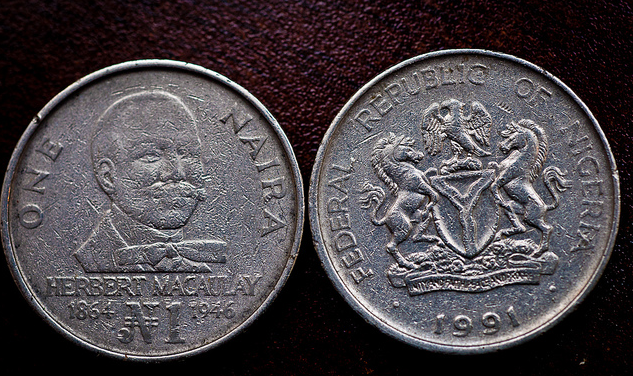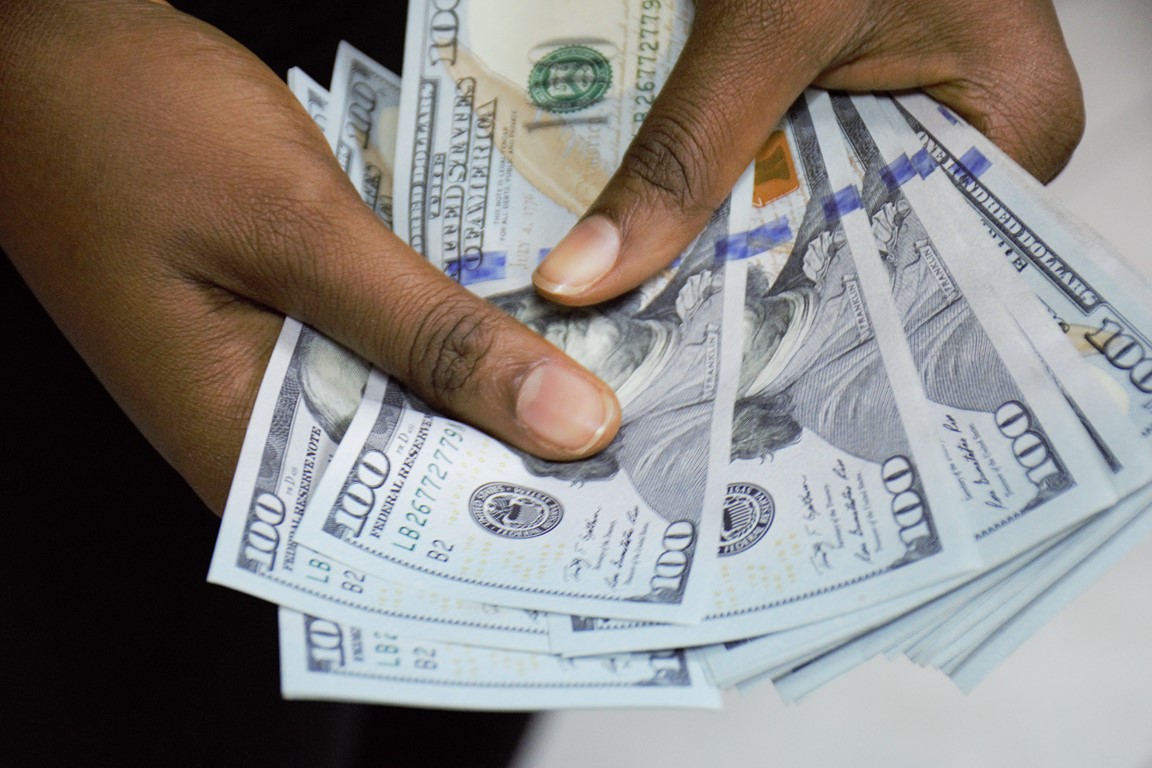The Nigerian senate on Tuesday asked the Central Bank of Nigeria (CBN) to convert lower naira notes into coins to cater to highly repetitive transactions in the economy.
This was as a result of a motion by Mustapha Bukar, the All Progressives Congress Senator representing Katsina South senatorial district.
Bukar in his motion, said according to the CBN, there are eight naira notes and three coins, which are all legal tender in Nigeria, highlighting that the coins were being rejected by traders and banks.
“In Nigeria, there are two types of retail payments; the highly repetitive small value transactions, such as urban transportation, sweets, cigarettes, kola nuts, sachet water, popularly known as pure water, vegetable etc., as well as, less frequent but high value transactions like clothing, footwear, raw foodstuff, electronics etc,” he said.
Advertisement
“Coin currencies are designed globally to cater for highly repetitive transactions because of the nature and conditions under which they happen, such as crowded market place, bus stations, congested traffic, and varying weather conditions, including rainy, sunny and humid conditions in which notes are ill-suited for them.
“Countries regularly upgrade their coinage to keep pace with the price of this category of retail items. Aware that an overwhelming majority of Nigerians engage in these transactions due to their income.”
He said coins are used being used in the US, UK, Europe, United Arab Emirates, and should be prevented from going into extinction in Nigeria.
Advertisement
“Worried that although the country’s currencies are in note and coin, indications are that coins are fast going out of fashion and into extinction.
“Research recently conducted by experts shows that in the early 90s coins were in use and considered good money in Nigeria and now it is the only country in the entire west African sub-region where there is total absence of coin in the total economy.
“The local retailers keep rejecting the coins because commercial banks won’t accept them as deposit, even when they are reflected on paper, and the CBN still recognizes them as legal tender,” he added.
He suggested that “since the three coin denominations of 50 kobo, one kobo and 10 kobo have lost their values due to inflation, the conversion of lower currency notes to coins will facilitate retail transactions in the economy, like we have in developed countries”.
Advertisement
“Despite the huge budget by the CBN on sensitising Nigerians on the need to accept coins, the transaction chains were broken and banks and customers reject the currency, thus, promoting corruption and escalating inflation to the extent of diminishing the value of the coins.”
Ike Ekweremadu, the deputy senate president, who led the house senate urged the CBN to sanction deposit money banks that have made an habit of rejecting coins, and urged the bank to bring back coin usage.
3 comments








So Senate, this is your solution to the problem. So what happens when people after converting the present lower denomination i:e N5, N10,N20 and probably N50 to coins and people still decided not to collect them? are we then going to convert N100, N200 and N500 notes to coins?
We have ‘leaders’that always look for easy ways out for issues that requires intelligent thinking and robust understanding of the problem.
This issue is not a difficult one to handle, the question is, is the CBN no longer in charge of the commercial banks, if there are, why not use a simple or can imperative policy to make them adhere to the acceptance of our lovely coins? I really miss our coins.
You are right. I was in South Africa recently and used coins as medium of exchange also kept some for myself. We need serious sanction against the banks and individual who rejects these coins.